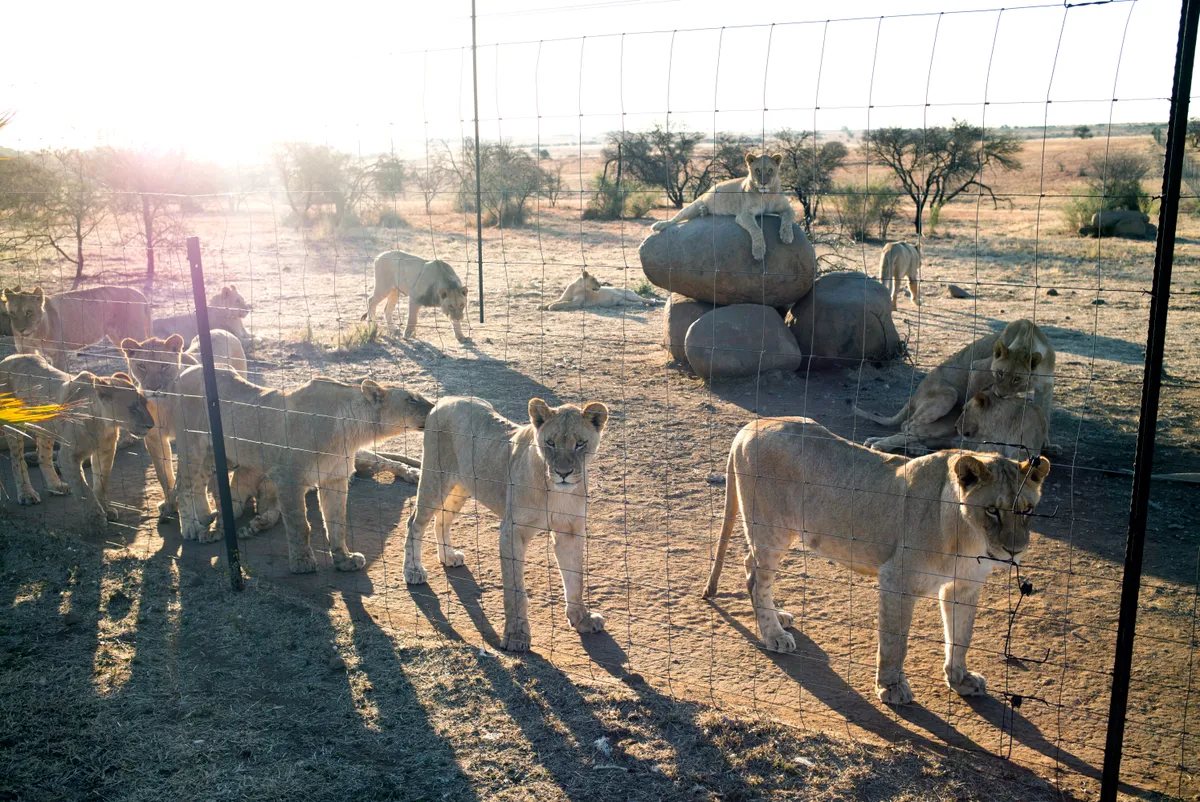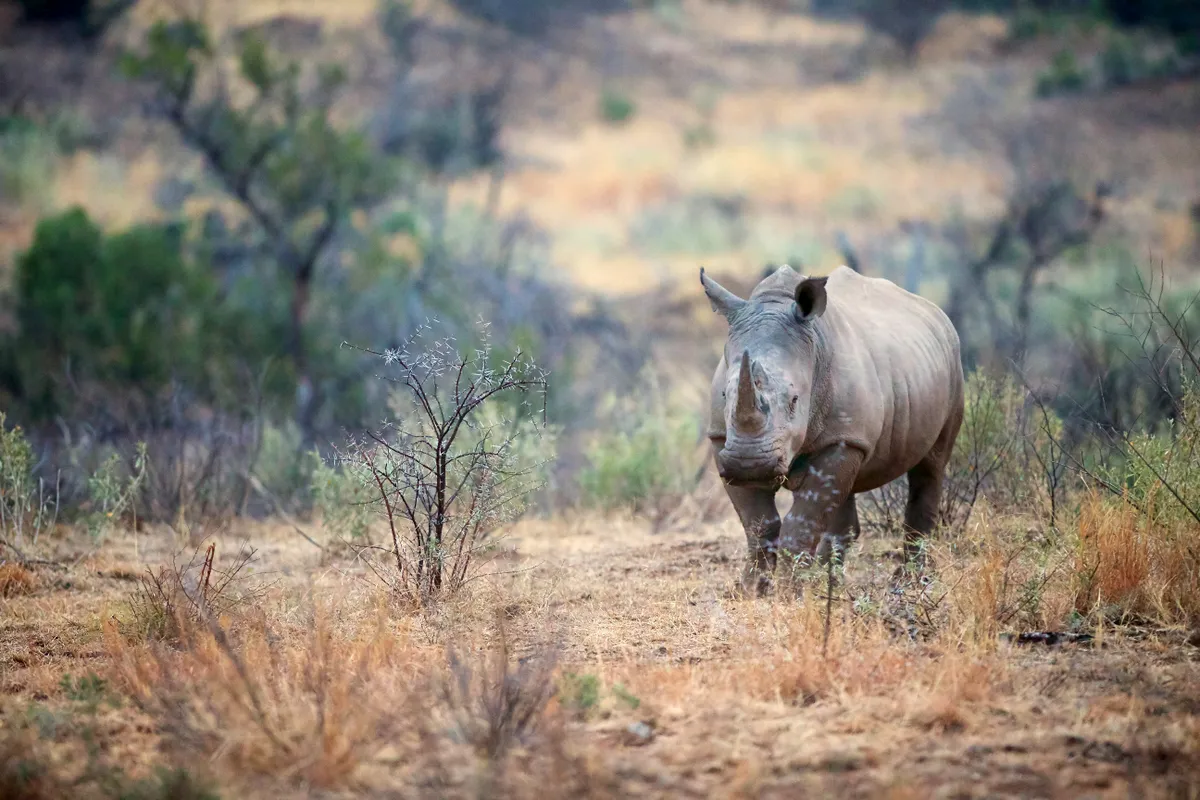What is trophy hunting?
Trophy hunting is the shooting of carefully selected animals – frequently big game such as rhinos, elephants, lions, pumas and bears – under official government licence, for pleasure.
The trophy is the animal (or its head, skin or any other body part) that the hunter keeps as a souvenir. It is a booming industry and is legal, albeit with restrictions on the species that can be hunted, where and when the hunting can take place, and the weapons that can be used.
Is it the same as ‘canned’ hunting?
Canned hunting is trophy hunting at its most indefensible – in which the animals (particularly lions) are bred on ranches and held captive (often in appalling conditions) specifically for hunters to shoot them.

Is it really legal to kill endangered species?
It can be. Some countries do allow a small number of endangered species to be killed in the wild by sports hunters and, with approval from the Convention on International Trade in Endangered Species (CITES), it is still possible to take the trophies home.
Is that why the topic is so controversial?
Yes. Allowing endangered species to be killed for sport is counterintuitive. Poachers are slaughtering about 100 elephants and 3–4 rhinos every day, for example, so allowing trophy hunters to kill yet more seems absurd. Critics are also concerned about the mixed messages it sends local people: they can’t hunt endangered species, but rich Westerners can.
What about the morality of taking animal trophies?
This is another issue. A majority find it hard to sympathise with someone who pays tens or even hundreds of thousands of dollars, has everything prepared for them in advance, shoots (often incompetently) an animal at close range, and then awaits delivery of the carefully prepared trophy.
Where do the trophies go?
The USA legally imports no fewer than 126,000 animal trophies every year, and the EU some 11,000–12,000 (representing 140 species, including everything from African elephants to American black bears), not counting those trophies taken in the countries themselves.
Does everyone agree trophy hunting is bad?
No. South Africa allows trophy hunting of the ‘Big Five’ and many other species, for example, while Kenya has banned all trophy hunting since 1977. Even conservationists can’t agree: many argue for more compassionate solutions to conservation challenges, while others believe that trophy hunting can be a good thing.
How can it be good?
While there are many examples of it being bad – the steepest declines in lion populations occur in countries with the highest hunting intensity, for instance – one apparently good example is quoted time and again. It is claimed that trophy hunting has played a role in the recovery of the southern white rhino population in South Africa.
The argument goes that by allowing private landowners to conduct limited trophy hunting they have been given an incentive to keep and protect rhinos (albeit in large fenced enclosures). There is also an argument that trophy hunting revenues help conservation by filtering back into desperately poor communities.

Is that true?
Trophy hunters do fork out large sums of money – but where it ends up is another matter. Critics argue that the hunting elite and corrupt government officials siphon off as much as 97 per cent.
Besides, these are one-off payments – you can’t kill the same animal twice – whereas a lion or rhino can earn money from traditional ecotourism for many years. And that, moral issues aside, is the crux of the matter.
